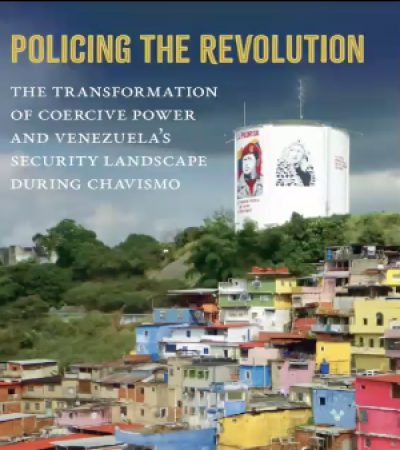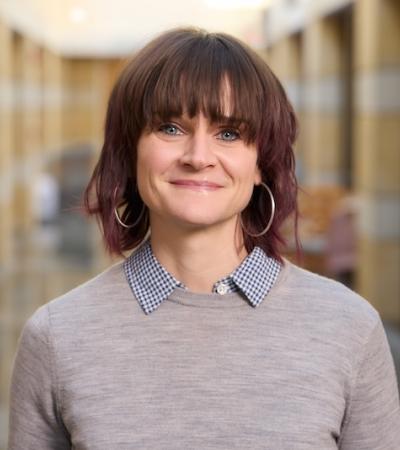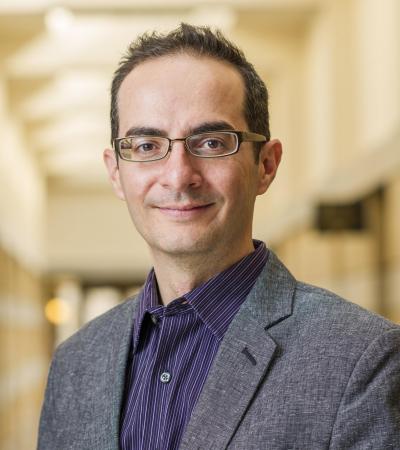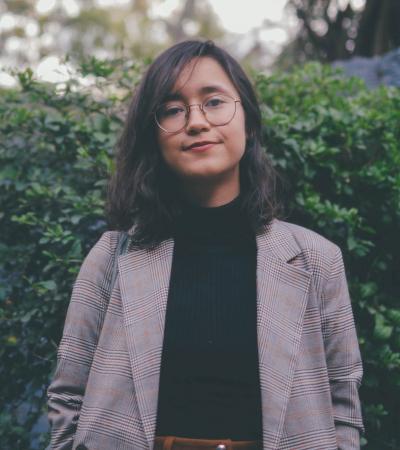Policing the Revolution: The Transformation of Security and Violence in Venezuela during Chavismo

Rebecca Hanson
Assistant Professor of Crime, Law, and Governance, University of Florida
Kellogg Institute Visiting Fellow
Discussants:
-
Rachel Sweet
Assistant Professor of Politics and Global Affairs
Kellogg Faculty Fellow -
Ernesto Verdeja
Associate Professor of Political Science and Peace Studies
Kellogg Faculty Fellow -
Mayra Ortiz
Kellogg PhD Fellow (political science)
Since the mid-2000s Venezuela has been ranked one of the most violent countries in the world as homicides and police violence skyrocketed. Much has been written about the country’s turn to Chavismo but scholarship has ignored what will perhaps be the revolution’s most important legacy: how Chavista policies transformed coercive power and the security landscape.
This panel will discuss the Rebecca Hanson's book of the same name, which provides the first in-depth analysis of policing and security policies during the left turn in Latin America by focusing on the experiences of three groups: police officers, police reformers, and residents of neighborhoods most affected by violence. Drawing on ethnographic, interview, and survey research collected over ten years, she analyzes how security policies within the context of the pink tide and later turn to authoritarianism contributed to the expansion of lateral violence and the pluralization of non-state violent actors. Far from the always-already authoritarian project proposed by many scholars and pundits, Hanson shows that the Bolivarian Revolution was defined by highly contested and contrasting visions of security that resulted in a fragmented and inconsistent ordering of state and society. Moreover, by pairing the vantage point of street-level police officers with that of ordinary barrio residents, she provides a unique analysis of how insecurity during revolution was experienced “from below.”

Rebecca Hanson
This profile was current as of 2025, when she was part of the on-campus Kellogg community. Rebecca Hanson is assistant professor in the Department of Sociology and Criminology & Law and the Center for Latin American Studies at the University of Florida, where she is also director of the International Ethnography Lab. Her research focuses on policing, armed violence, and illicit markets in the Global South...
Rachel Sweet
Rachel Sweet is an assistant professor of politics and global affairs at the Keough School of Global Affairs, a core faculty member of the Kroc Institute for International Peace Studies, and a concurrent faculty member with the Department of Political Science. She has been a Kellogg Institute faculty fellow since 2020...
Ernesto Verdeja
Ernesto Verdeja is an Associate Professor of Peace Studies and Global Politics in the Kroc Institute for International Peace Studies, Keough School of Global Affairs, University of Notre Dame. He has been a Kellogg Institute faculty fellow since 2010...





